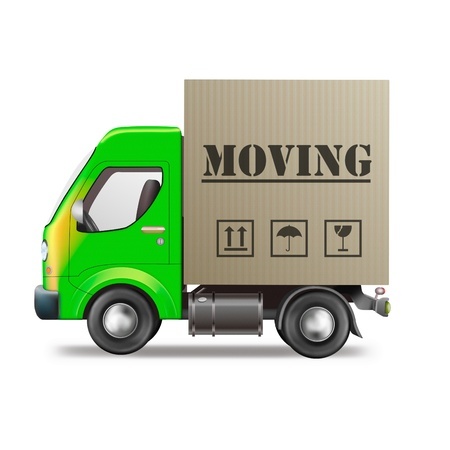 Businesses usually relocate because of growth. Often, businesses will move to another location in order to cater to new target audience or welcome more employees. A mom or pop shop that has grown in the previous years will also move to another location to create a more significant brand or image in the market. Remember, the location and size of your business will speak volumes about your position in the market. How can you convince your customers that you are a household name if your office is in the middle of nowhere?
Businesses usually relocate because of growth. Often, businesses will move to another location in order to cater to new target audience or welcome more employees. A mom or pop shop that has grown in the previous years will also move to another location to create a more significant brand or image in the market. Remember, the location and size of your business will speak volumes about your position in the market. How can you convince your customers that you are a household name if your office is in the middle of nowhere?
Once you have found the office space you will be relocating to the next big part of an office relocation is the actual move itself. The way you handle the move can significantly affect the morale of your employees and the condition of all your valuables. The duration of your move can also affect your operations – the longer your move is, the more profits you will likely lose.
For you to come up with a business relocation checklist and ensure that all the tasks are ticked off ahead of time, consider working with a moving company. Professional movers have the necessary experience and skills to help your business relocate and start its operations as soon as possible. With a moving company, you won’t have to worry about your move, allowing you to continue overseeing your business’s daily operations.
However, with the number of moving companies operating today, it’s important that you carefully choose which to hire. You don’t want to end up paying for a moving company that will only cause stress to your business relocation, right?
Here are a few suggestions on how to go about selecting a moving company.
1) Research all the contact information for the company including name, physical address (no PO Boxes), and any other names they do business under. If you find more than one firm at the same address, that is a definite red flag.
2) Determine how long the company has been in business. Many corporate movers have been doing business for many years so it’s a good idea to work with companies that have been around for at least five years. Knowing that you are paying for experts, working with a moving company who has been in the industry for years will give you peace of mind. These individuals have likely experienced different moving woes in the past and came up with effective solutions to surpass all of these.
It also doesn’t hurt to find out how long they’ve been operating under the current ownership and management structure.
3) Check to see the company is properly licensed. Properly licensed interstate moving companies will have both a DOT number and a MC number from the Federal Motor Carrier Safety Administration. You can verify these numbers yourself, for free, at SaferSys.org. Intrastate movers aren’t subject to the same regulations, but most states have their own licensing requirements you should check.
4) Inquire about the company’s insurance coverage – what’s covered and for how much. They should carry insurance that covers your materials while in transit, as well as any damage the movers cause to your old or new properties. While all movers are required to have basic insurance, be sure to check into the limits on their coverage and consider paying extra for additional insurance if you think you need it. Also make sure they carry current workers’ compensation coverage because if they don’t, you may be liable for any injuries their workers receive.
5) Get reliable recommendations – You MUST check out potential movers through objective sources like the BBB or your state’s Department of Transportation. A reputable commercial moving company will be listed with both these agencies.
Note: You can also call FMCSA’s Safety Violation and Consumer Complaints hotline at (888) 368-7238. It’s free, available 24/7 and you can check the complaint history of any interstate mover.
6) Don’t just jump at the lowest price! You need to investigate the estimate to find out if it’s realistic. As they say, if it sounds too good to be true, it probably is! Get at least three estimates from commercial movers. This will allow you to make a fair, objective comparison.
Compare apples to apples. Break down each mover’s estimate into parts and compare them to estimates from other commercial moving services. Consider factors like the amount of time and the amount of materials estimated.
Expect estimates to fall within a reasonable range of each other. A good estimate should be no higher – or lower – than 10 percent of the final cost of the move.
If we can help you find office space…. let us know
